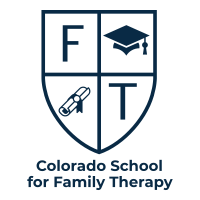Clinical Supervision I April 25-27, 2025
Description Clinical supervision is the process by which the clinical practice provided by the counselor is evaluated and either modified or approved by the supervisor, providing a bridge between the classroom and the clinical work. Clinical supervision is a central organizing activity that integrates the program mission, goals and treatment philosophy with clinical theory and […]
